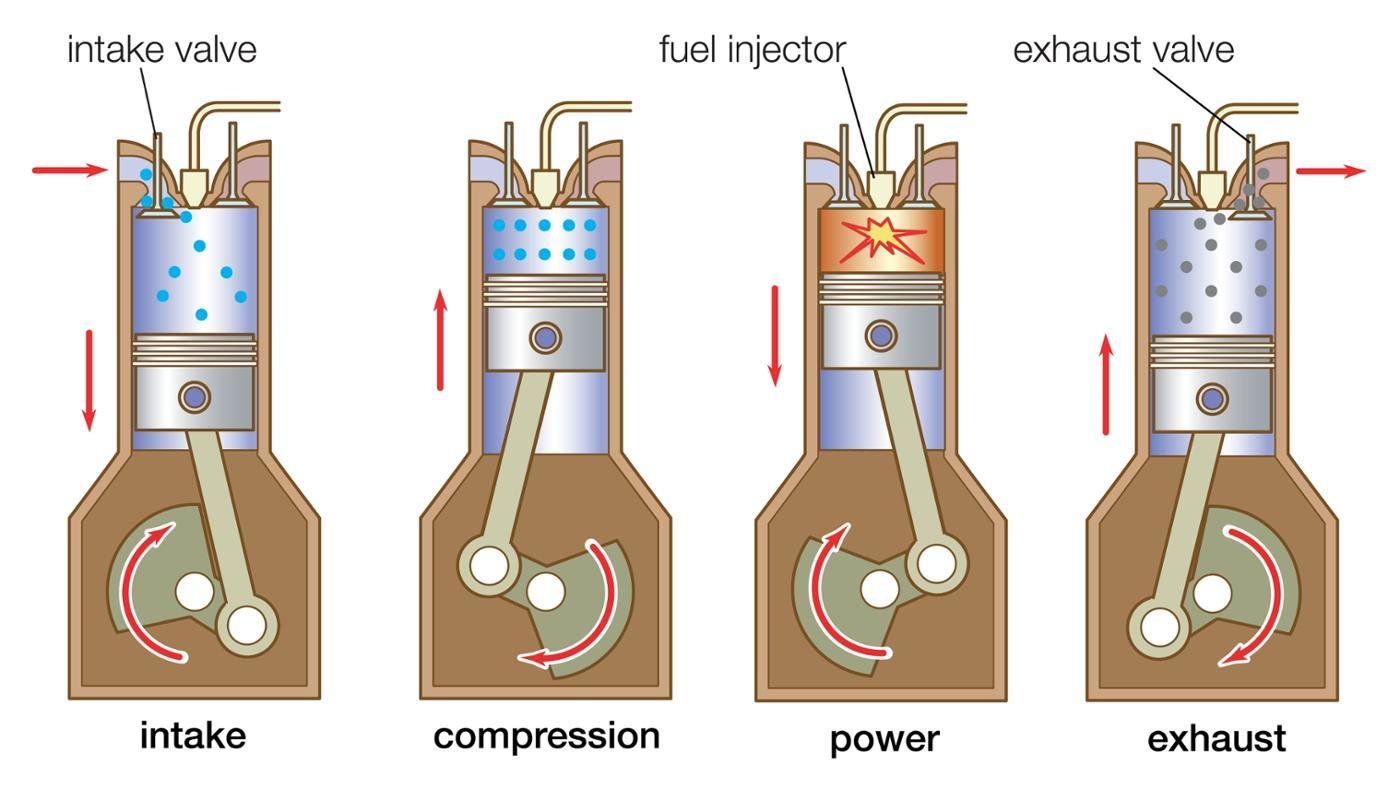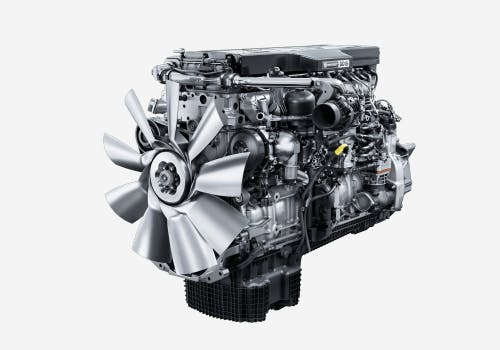Get the Perfect Fit with Engines For Africa's Diverse Selection
Get the Perfect Fit with Engines For Africa's Diverse Selection
Blog Article
A Full Guide to Choosing the Right Engine for Your Job
Picking the proper engine for your project is an important decision that can dramatically impact its total success. It is crucial to thoroughly define your task requires, evaluate efficiency demands, and think about user-friendliness along with other important factors. In addition, comprehending the community support offered and looking at price ramifications can better refine your selection. Each of these aspects plays an essential duty in making certain that your picked engine not only fulfills instant purposes yet also lines up with long-lasting ambitions. As we explore these factors to consider, you might discover that the nuances of each facet reveal more than originally expected.
Define Your Task Demands
Defining your job requires is a critical action in choosing the suitable engine for successful application. A detailed understanding of your job's objectives will certainly assist you in identifying the abilities and attributes called for from an engine. Begin by detailing the scope of your project, consisting of the wanted capability, target audience, and the certain outcomes you intend to accomplish.
Following, consider the technical demands that line up with your job goals. This includes reviewing the compatibility of the engine with existing systems, as well as the programs languages and structures that will certainly be utilized. Furthermore, evaluate the degree of scalability needed to fit future growth or modifications in need.
Budget plan constraints likewise play a vital role in specifying your project requires. Establish a clear monetary structure to guide your decision-making procedure, making certain that the engine picked fits within your budget while providing the needed performance.
Evaluate Efficiency Requirements

Following, think about the scalability of the engine. Evaluate whether it can handle enhanced work as your task expands. Engines that support straight scaling are frequently better for larger applications. In addition, examine the engine's performance under various problems, such as peak use scenarios, to guarantee it fulfills your reliability criteria.
Take Into Consideration Convenience of Use
While technological specs are important, the convenience of usage of an engine can dramatically affect the growth process and total task success. An user-friendly interface, clear documents, and structured process can considerably reduce the discovering curve for programmers, enabling them to focus on creative thinking and analytical instead of grappling with complicated devices.
When assessing an engine's ease of use, take into consideration the onboarding experience. A well-structured intro, total with tutorials and sample projects, can have a peek at these guys help with a smoother shift for new users. Furthermore, the quality and comprehensiveness of the engine's documents play a critical role; comprehensive overviews and API references can encourage developers to troubleshoot and apply attributes effectively.
An additional facet to consider is informative post the engine's modification abilities. An engine that permits simple modifications can be a lot more easy to use, as programmers can tailor it to fit their specific needs without comprehensive inconvenience. Lastly, analyze the workflow combination with devices and platforms you currently use. A natural environment can improve productivity and reduce rubbing throughout the development procedure. Inevitably, picking an engine that focuses on simplicity of usage can result in a much more delightful and efficient growth experience.
Assess Neighborhood and Support
The toughness of an engine's community and support network can significantly influence a programmer's experience and success. When assessing an engine, think about the size and activity level of its neighborhood.
Additionally, assess the schedule of official assistance channels. Trusted documents, responsive consumer assistance, and regular updates are important for resolving technical concerns and keeping your project on course. Engines For Africa. Active areas additionally cultivate collaboration, supplying chances for networking and responses, which can be very useful, especially for independent programmers or little groups
In addition, examine the presence of community-run occasions, such as meetups or hackathons. These celebrations can improve your understanding of the engine while connecting you with potential collaborators and knowledgeable users. In recap, a robust neighborhood and support system not only streamline advancement however additionally create a setting favorable to discovering and innovation, ultimately improving the likelihood of your task's success.
Compare Cost and Licensing Options
Budget plan factors to consider play a critical role in picking the ideal engine for your project, as the expense and licensing choices can considerably affect both temporary costs and long-lasting practicality. Engines For Africa. Different engines supply varying prices structures, which can include single purchase costs, registration models, or revenue-sharing arrangements based on your project's revenues

Licensing alternatives also differ dramatically. Some engines are open-source, offering flexibility and community-driven assistance, while others might require exclusive licenses that limit usage and circulation. Understanding the implications of each licensing design is essential, as it affects ownership civil liberties, future scalability, and potential dig this legal responsibilities.
Conclusion
Finally, selecting the suitable engine for a task requires a thorough evaluation of defined job requirements, efficiency requirements, simplicity of use, community support, and price factors to consider. By systematically resolving these vital variables, decision-makers can ensure placement with both existing and future task demands. A well-informed option eventually enhances the chance of job success, allowing efficient resource appropriation and maximizing potential end results within the specified monetary restraints.
Choosing the appropriate engine for your project is an important decision that can considerably affect its overall success.Specifying your task requires is an essential step in picking the appropriate engine for successful execution. A thorough understanding of your job's goals will lead you in determining the capabilities and attributes called for from an engine.As soon as you have a clear understanding of your project requires, the next step is to assess the performance needs of the engine.In final thought, selecting the ideal engine for a task necessitates a thorough analysis of specified project needs, efficiency needs, ease of use, community assistance, and cost considerations.
Report this page